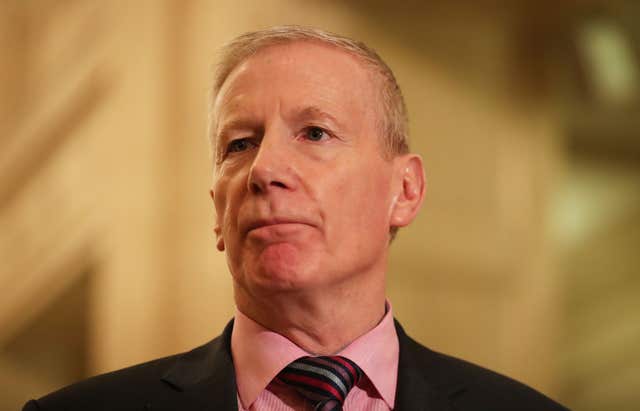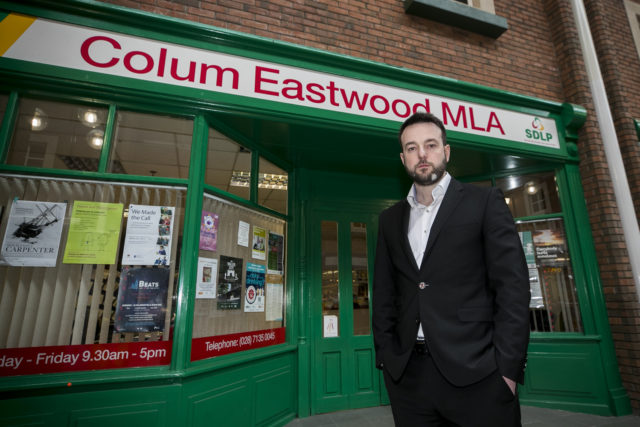
Northern Ireland’s politicians are split over whether soldiers should be prosecuted for their role in Bloody Sunday.
The divided opinions come just days before the Public Prosecution Service is expected to announce whether it will pursue prosecutions against soldiers over the deaths of 13 people in Londonderry on January 30 1972.
Democratic Unionist MP Gregory Campbell said prosecutions would set a bad precedent in terms of dealing with the legacy of Northern Ireland’s troubled past.
He urged people to consider the frame of mind of the soldiers deployed in an area of Londonderry where two police officers had been murdered by the Provisional IRA just days before.
“What people have to remember is of the people who were murdered during the Troubles, the Provisional IRA killed more than anyone else and the Provisional IRA killed more Catholics, their own community than anyone else,” he said.

“What has been forgotten in terms of the Saville Inquiry, despite £200 million being spent, was the context of the frame of mind of the soldiers.”
Mr Campbell claimed that the Saville Inquiry did not take into account the context in Londonderry on the day of the civil rights march, pointing out that two police officers – Peter Gilgun, 26, and David Montgomery, 20 – were shot dead in the area by the Provisional IRA on the previous Thursday.

Sinn Fein MLA Raymond McCartney said his party backs prosecuting the soldiers.
“The families have long contended that in the aftermath of the Saville Inquiry they want due process to follow,” he said.
“There is an expectation that there will be charges but nobody will know until Thursday so we await the announcement.”
Ulster Unionist MLA and former soldier Doug Beattie said if there is evidence that individuals broke the law on that day then they should face the law, adding: “So should the IRA members present that day.”
“Bloody Sunday continues to divide opinion; mainly due to a real sense of anger amongst people in both communities who have never seen justice,” he said.
“David Cameron said that the events on that day were unjustified and unjustifiable. There was clearly a breakdown in military planning, command and control.
“If there is evidence that individuals broke the law on that day then they should face the law. So should the IRA members present that day.
“The families of the 14 who lost their lives on Bloody Sunday deserve truth, justice and accountability. So do the many thousands of men, women and children who were butchered by terrorists.”

SDLP leader Colum Eastwood said no one should be immune from prosecution.
“I think Bloody Sunday is one example of many where British state forces in Ireland caused mayhem and devastation to families,” he said.
“Nobody in my view should be immune from prosecution. I don’t believe in amnesties, I don’t believe in wiping away what happened in the past because people on all sides are still living with that hurt and I believe that all the people who were involved in those heinous crimes should be open to prosecution.
“The Good Friday Agreement now means that people can only ever serve two years, but I think the families should be entitled to their day in court.
“I think all organisations, state or paramilitary, should come forward and tell people the truth.”


Comments: Our rules
We want our comments to be a lively and valuable part of our community - a place where readers can debate and engage with the most important local issues. The ability to comment on our stories is a privilege, not a right, however, and that privilege may be withdrawn if it is abused or misused.
Please report any comments that break our rules.
Read the rules hereLast Updated:
Report this comment Cancel